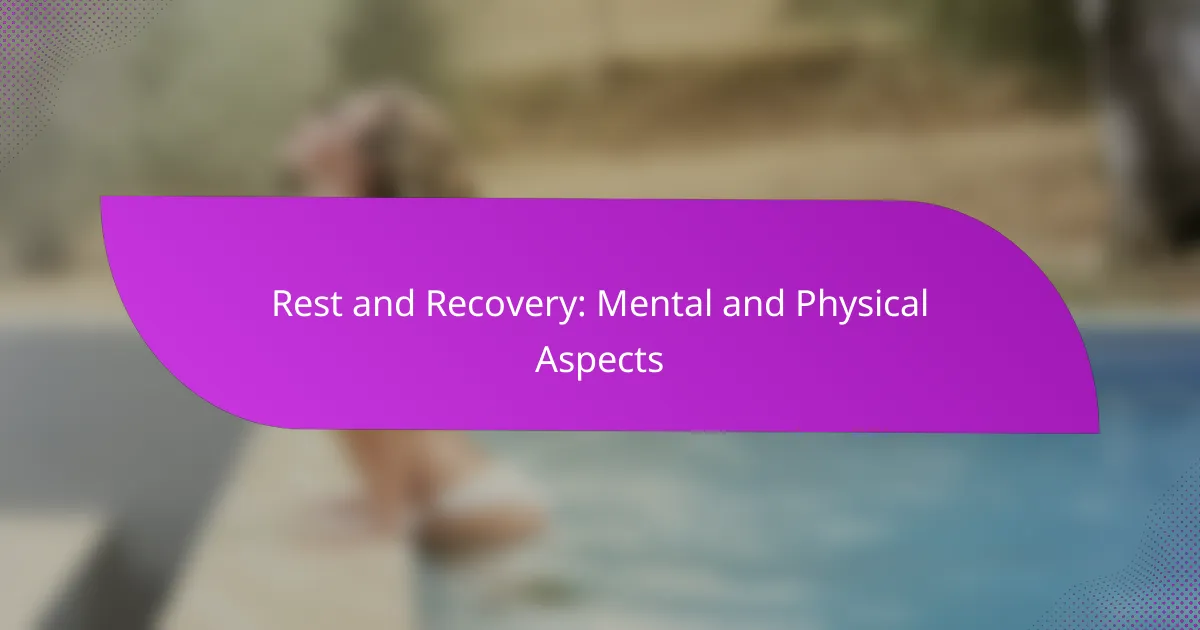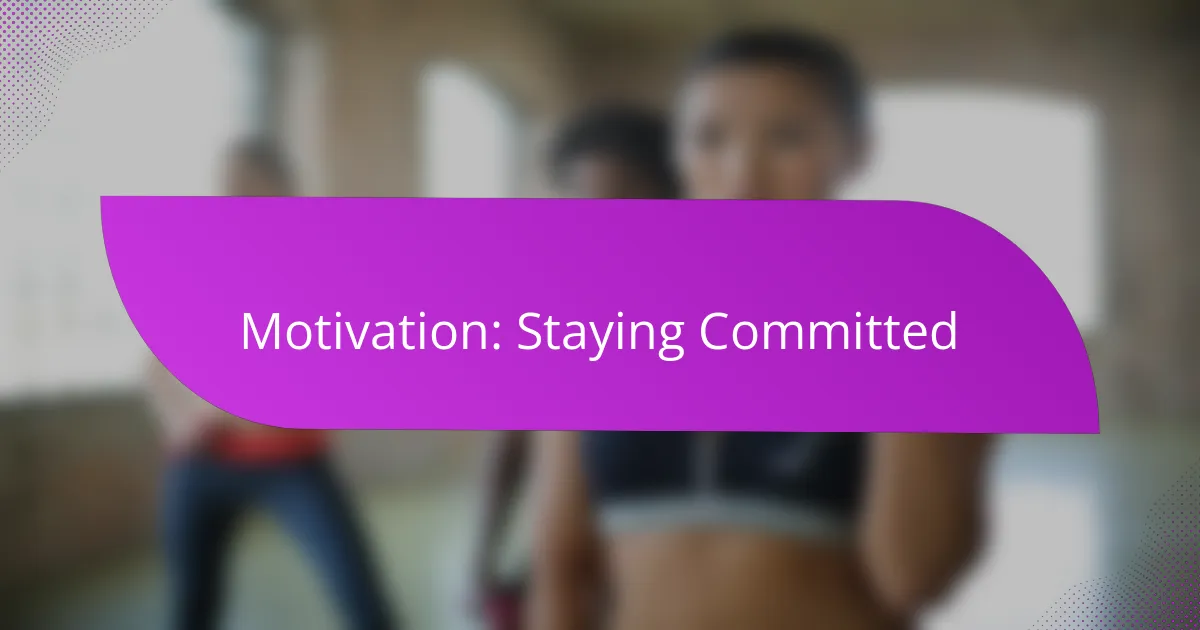Adopting a winning mindset is essential for achieving personal and professional goals. By incorporating techniques such as positive affirmations, visualization, and mindfulness into your daily routine, you can enhance your mental resilience and focus. A supportive environment further amplifies these efforts, fostering growth and motivation on your journey to success.

What Techniques Foster a Winning Mindset?
Techniques that foster a winning mindset include positive affirmations, visualization practices, goal setting strategies, mindfulness meditation, and resilience training. These methods help individuals cultivate a constructive attitude, enhance focus, and develop the mental toughness needed to achieve their objectives.
Positive Affirmations
Positive affirmations involve repeating encouraging statements to reinforce self-belief and confidence. By consistently affirming your strengths and capabilities, you can shift your mindset from self-doubt to empowerment. For example, saying “I am capable of achieving my goals” can help solidify a positive self-image.
To effectively use affirmations, choose phrases that resonate with you and repeat them daily, preferably in front of a mirror. Avoid negative language and focus on what you want to achieve rather than what you fear.
Visualization Practices
Visualization practices entail creating mental images of your desired outcomes to enhance motivation and performance. This technique allows you to mentally rehearse scenarios, which can increase confidence and reduce anxiety. For instance, athletes often visualize themselves succeeding in their events.
To practice visualization, find a quiet space, close your eyes, and vividly imagine achieving your goals. Incorporate sensory details, such as sounds and feelings, to make the experience more immersive. Aim for a few minutes each day to build this skill.
Goal Setting Strategies
Goal setting strategies involve defining clear, achievable objectives to guide your actions and maintain focus. Setting SMART goals—Specific, Measurable, Achievable, Relevant, and Time-bound—can significantly enhance your chances of success. For example, instead of saying “I want to get fit,” specify “I will exercise for 30 minutes, five times a week.”
Break larger goals into smaller, manageable tasks to avoid feeling overwhelmed. Regularly review your progress and adjust your goals as needed to stay aligned with your evolving aspirations.
Mindfulness Meditation
Mindfulness meditation focuses on being present and aware of your thoughts and feelings without judgment. This practice can reduce stress, improve concentration, and foster a positive mindset. Even a few minutes of mindfulness each day can lead to significant mental clarity.
To start, find a comfortable position, close your eyes, and concentrate on your breath. If your mind wanders, gently bring your focus back to your breathing. Aim for 5-10 minutes daily, gradually increasing the duration as you become more comfortable.
Resilience Training
Resilience training equips individuals with the skills to bounce back from setbacks and maintain a positive outlook. This involves developing coping strategies, emotional regulation, and problem-solving skills. Learning to view challenges as opportunities for growth can significantly enhance your resilience.
Engage in activities that promote resilience, such as journaling about your experiences, seeking feedback, and practicing gratitude. Surround yourself with supportive individuals who encourage growth and provide constructive criticism.

How Can You Develop a Winning Mindset Daily?
Developing a winning mindset daily involves consistent practices that foster positivity, resilience, and focus. By integrating specific techniques into your routine, you can enhance your mental strength and achieve your goals more effectively.
Daily Journaling
Daily journaling is a powerful tool for cultivating a winning mindset. It allows you to reflect on your thoughts, track your progress, and clarify your goals. Aim to write for at least 10 minutes each day, focusing on what you accomplished, what challenges you faced, and how you can improve.
Consider using prompts to guide your journaling, such as “What am I grateful for today?” or “What did I learn from my mistakes?” This practice not only boosts self-awareness but also reinforces a positive outlook.
Morning Routines
Establishing a morning routine can set a productive tone for the day and help you develop a winning mindset. Start your day with activities that energize you, such as exercise, meditation, or reading. Aim for a routine that lasts between 30 minutes to an hour, tailored to your preferences.
Incorporate elements that inspire you, like motivational quotes or affirmations. Consistency is key; try to wake up at the same time each day to build a habit that supports your mindset goals.
Regular Self-Reflection
Regular self-reflection is essential for maintaining a winning mindset. Set aside time weekly to evaluate your thoughts, behaviors, and progress towards your goals. This can be done through quiet contemplation or structured methods like SWOT analysis (assessing strengths, weaknesses, opportunities, and threats).
During self-reflection, ask yourself critical questions: “What worked well this week?” and “What can I do differently next week?” This practice helps you stay accountable and adapt your strategies for continuous improvement.

What Role Does Environment Play in Mindset?
The environment significantly influences mindset by shaping perceptions, behaviors, and emotional responses. A positive and supportive environment can foster resilience and growth, while a negative setting may hinder motivation and success.
Influence of Supportive Relationships
Supportive relationships are crucial for cultivating a winning mindset. Surrounding yourself with positive, encouraging individuals can enhance self-esteem and provide motivation during challenging times. Aim to build a network of friends, mentors, and colleagues who uplift and inspire you.
Consider engaging in regular conversations with these individuals to share goals and challenges. This interaction not only reinforces your commitment but also opens avenues for constructive feedback and new perspectives.
Impact of Physical Space
The physical space you inhabit can greatly affect your mindset. A well-organized, clutter-free environment promotes focus and productivity, while a chaotic space can lead to distraction and stress. Design your workspace to reflect your goals and values, incorporating elements that inspire you.
Simple changes, such as adding plants, artwork, or personal mementos, can enhance your environment. Ensure your space is comfortable and conducive to your work style, whether that means a quiet corner or a collaborative area.
Community Engagement
Engaging with your community can positively impact your mindset by fostering a sense of belonging and purpose. Participating in local events, volunteering, or joining clubs can connect you with like-minded individuals and broaden your perspective.
Seek opportunities that align with your interests and values. This involvement not only enriches your life but also reinforces a positive mindset through shared experiences and collective support. Aim to dedicate a few hours each month to community activities that resonate with you.

How to Overcome Mental Barriers?
Overcoming mental barriers involves recognizing and addressing the thoughts and beliefs that hinder your progress. By identifying these obstacles, you can implement strategies to manage fear and anxiety, ultimately fostering a more resilient mindset.
Identifying Limiting Beliefs
Limiting beliefs are negative thoughts that constrain your potential. Common examples include thoughts like “I am not good enough” or “I will fail.” Identifying these beliefs is the first step towards overcoming them.
To uncover your limiting beliefs, reflect on areas where you feel stuck or anxious. Journaling can be an effective tool; write down your thoughts and analyze patterns that emerge. This process helps in recognizing the beliefs that need to be challenged.
Strategies for Fear Management
Fear management strategies can help you confront and reduce anxiety associated with mental barriers. Techniques such as deep breathing, visualization, and positive affirmations can be effective in calming your mind.
Consider setting small, achievable goals to gradually face your fears. For instance, if public speaking terrifies you, start by speaking in front of a small group before progressing to larger audiences. This incremental approach builds confidence over time.
Seeking Professional Help
Sometimes, overcoming mental barriers requires the support of a professional. Therapists and coaches can provide guidance tailored to your specific challenges and help you develop coping strategies.
If you find that self-help methods are insufficient, consider seeking out a licensed therapist or counselor. Many professionals specialize in cognitive-behavioral therapy (CBT), which is effective in addressing limiting beliefs and anxiety. Don’t hesitate to reach out for help; it can be a crucial step in your journey towards a winning mindset.

What Are the Key Attributes of a Winning Mindset?
A winning mindset is characterized by qualities that foster resilience, focus, and continuous improvement. Key attributes include adaptability, self-discipline, and a growth orientation, which together empower individuals to overcome challenges and achieve their goals.
Adaptability
Adaptability is the ability to adjust to new conditions and challenges effectively. This trait allows individuals to respond positively to changes, whether in personal circumstances or professional environments. For instance, someone who can pivot their strategy in response to market shifts is more likely to succeed.
To cultivate adaptability, practice embracing change rather than resisting it. Start by setting small, flexible goals that can evolve as needed. Regularly assess your surroundings and be open to feedback, which can help you adjust your approach when necessary.
Self-Discipline
Self-discipline involves maintaining focus and commitment to long-term goals despite distractions or temptations. This attribute is crucial for achieving success, as it helps individuals stay on track with their plans and resist short-term gratification. For example, a student who prioritizes study time over social activities is likely to perform better academically.
To enhance self-discipline, create a structured routine that includes specific times for work and leisure. Use tools like calendars or apps to set reminders and track progress. Avoid environments that lead to procrastination, and reward yourself for meeting milestones to reinforce positive behavior.
Growth Orientation
A growth orientation is the belief that abilities and intelligence can be developed through dedication and hard work. This mindset fosters a love for learning and resilience in the face of setbacks. Individuals with a growth orientation view challenges as opportunities to improve rather than obstacles.
To develop a growth orientation, seek out new learning experiences and embrace failures as part of the process. Surround yourself with supportive individuals who encourage growth and provide constructive feedback. Regularly reflect on your experiences to identify lessons learned and areas for improvement.



